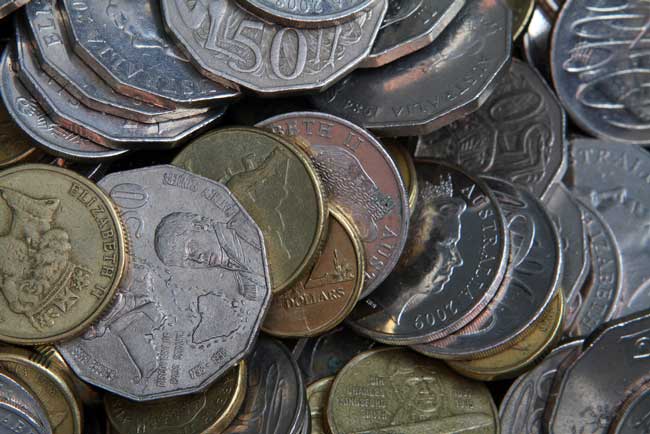
Register Copyrights to Save Statutory Damages
© 2004, Gallagher & Dawsey Co., LPA
April, 2004
The right to receive statutory damages is one of the strongest reasons for federally registering one’s creative rights under federal copyright law. 17 U.S.C. S 504(c) allows a copyright holder to recover as much as $150,000 per infringement, without proof of loss, against infringers. This can be invaluable for the artist whose work has limited commercial potential or who will have difficulty in proving significant damages. Given the costs of prosecuting a copyright infringement case, the availability of statutory damages is often the only way to justify the protection of an artist’s rights in court.
But there is a significant limitation on the right to receive statutory damages. 17 U.S.C. S 412 states that there will be no statutory damages recovery for any infringement of copyright in an unpublished work commenced before the effective date of its registration; or any infringement of copyright commenced after first publication of the work and before the effective date of its registration, unless such registration is made within three months after the first publication of the work. This means far more than the fact that infringements occurring before registration are off limits to recovery.
The key language barring recovery under S 412 is that an infringement “commenced” before federal registration. Courts have held this to mean that if a series of acts of infringement begin before registration, actions that do not constitute separate infringements occurring after federal registration are barred from recovery, since the infringement “commenced” earlier. Suppose an infringer sells a single copy of an infringing work just days before a registration, and then after the registration sells many more. The artist is out of luck, at least as to statutory damages, since the infringement “commenced” prior to registration. Recovery of actual damages is not affected, but this doctrine certainly limits the effective recovery for copyright holders. Similarly, new infringements, such as the creation of derivatives of the work, are not so limited, but simple repetitions of the original act of infringement, such as the selling of more copies, will be barred from statutory damages.
Does this give a potential infringer an incentive to move quickly and infringe before an artist registers the work? Absolutely. Artists should not allow anyone access to their work before it is registered.
The reason behind the doctrine? At least one court has reasoned that the limitation is necessary to maintain the incentive for federal registration. If artists could wait until infringement occurred, and then file for registration and subsequently for statutory damages, there would be little incentive to register works immediately upon their creation. The lesson? Federal copyright registration remains one of the least expensive and most powerful forms of intellectual property protection – but only if registration is promptly filed immediately upon the creation of the work.
